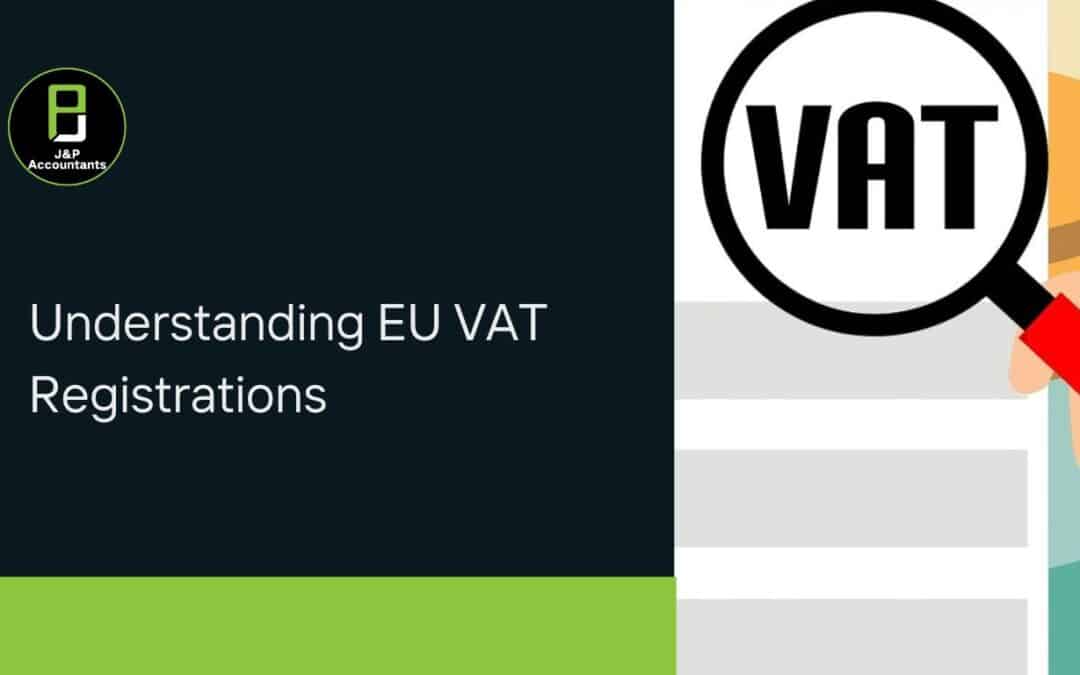With the rise of e-commerce, you may be considering expanding your business globally through the internet.
Once your business expands beyond your home country, you may need to consider compliance issues such as Value Added Tax (VAT).
Handling VAT issues becomes more complex as the number of countries involved increases, as each European country has its specific tax rules.
Therefore, our article provides more details that you may want to know.
Why register for EU VAT?
When expanding your business outside your home country, compliance issues need to be addressed before selling goods/services.
Depending on the regulations of different countries, non-resident companies may need to register for VAT locally in various situations and comply with local tax laws.

When is it necessary to register for an EU VAT number?
If your company plans to operate in the European Union, the following situations require VAT registration:
- A foreign company buying/selling goods in another country.
- A business importing goods into EU countries (including cross-border transportation within the EU).
- Remote cross-border sales to another EU member state through the internet (e.g., Amazon, Alibaba, eBay, etc.).
- Storing goods in warehouses or consignment stock in other EU countries for customers.
- Holding on-site meetings, exhibitions, or training with admission fees.
The specific requirements may vary depending on the circumstances of each company.
The process of applying for a EU VAT number
Once you decide to apply for a European VAT number, you need to complete and submit the VAT registration form of the respective country along with supporting documents.
Usually, the application forms need to be filled in the local language, so it is essential to ensure accurate translation of the information.
In addition to completing the registration form, you will typically need to submit the following documents:
- VAT or tax registration certificate of the home country of the company.
- Original company registration certificate.
- Copy of the company’s articles of association.
- ……
When appointing an agent, a Letter of Authority or Power if Attorney is required.
Different countries may have additional document requirements.
After submitting the application, it usually takes 2-8 weeks to receive the VAT number, depending on the regulations of each country.
What happens after receiving the result?
Once you receive the EU VAT number, you need to comply with the local VAT rules.
Especially for newly registered businesses, regular submission of VAT returns must begin.
When you are registered for VAT in multiple countries, ensure compliance with deadlines and requirements in each country.
Given the potential language barriers and tracking payment deadlines in different countries, this can be a time-consuming task.
As a tax partner of Amazon, our international accounting team can help alleviate the pressure and ensure compliance throughout the process, according to your needs.



